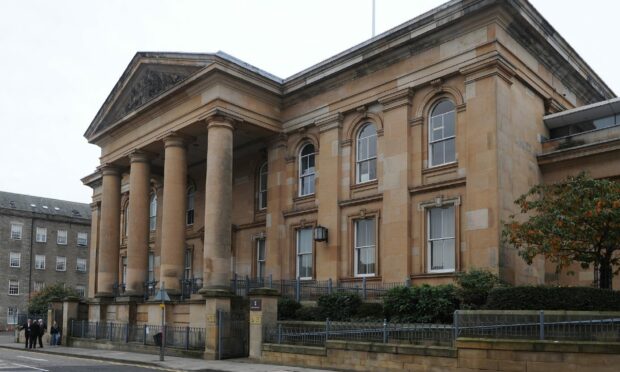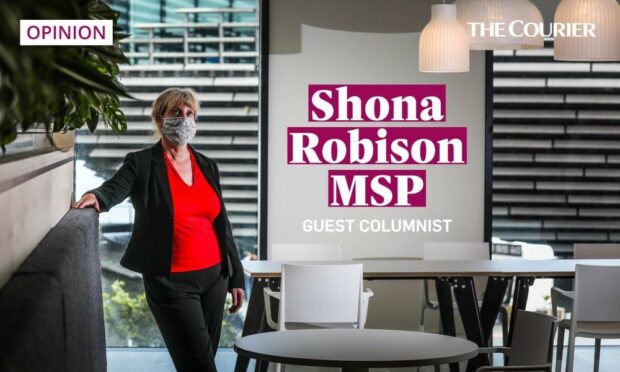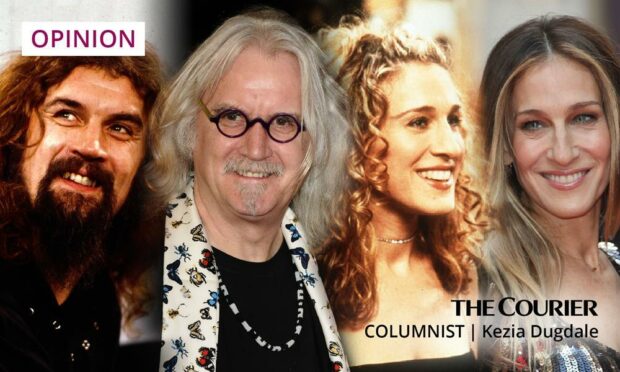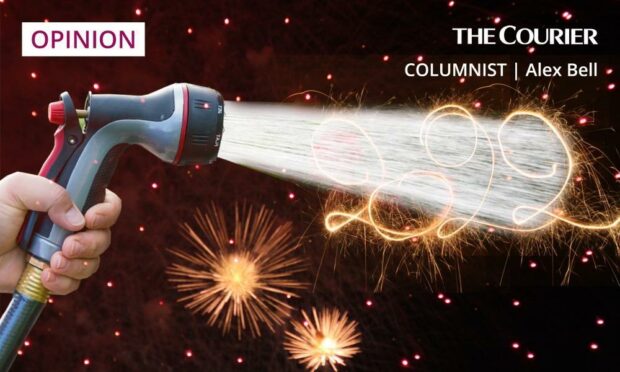Sir, – Why is it important that we should all have our say on whether the “not proven” verdict in Scots law should go or stay?
The pressure to have it reviewed has come about in the main due to the low conviction rates in cases of alleged rape.
Some have even argued that the verdict plays a role in the subjugation mainly of women and in high levels of domestic abuse and harassment.
An important point has to be made here.
The purpose of a legal system is to help provide redress for those who complain and those who are complained against.
In all cases there should be a presumption of innocence and an emphasis on the rights of the individual.
It is not a matter “of getting conviction rates up”.
Everyone, no matter how heinous their alleged offence, is entitled to due process and a fair hearing.
There may be a case for changing the law in terms of ensuring privacy, corroboration and representation.
That is different from the abolition of the “not proven” verdict.
Bob Taylor. Shiel Court, Glenrothes.
Explain guilty verdict at Lockerbie trial
Sir, – The guilty verdict issued on January 31 2001 by the three Scottish judges – Lords Sutherland, Coulsfield and Maclean – at the conclusion of the Pan Am 103 trial was unsound by all normal legal criteria.
After 84 days of controversy, questionable evidence as well as weeks of adjournments, Abdelbaset Al-Megrahi was found guilty of the atrocity while his sole alleged accomplice, Khalifa Fhimah, was acquitted on all charges.
In their 82-page verdict, the three law lords – who had acted not only as judge and jury but all too often as prosecutor – exposed the weakness of the prosecution case and how they ignored a mass of contradictory forensic and circumstantial evidence when it suited them to bring a guilty verdict against Megrahi. Significantly they rejected out of hand the defence argument that the Popular Front for the Liberation of Palestine-General Command (PFLP-GC) was responsible.
Initial police investigations suspected it was a reprisal for the shooting down of an Iranian plane with 290 civilians on board by the US warship Vincennes six months before Lockerbie. There was a money trail between Iran and the Syrian-backed PFLP-GC however, in 1990, then-US president George H Bush placed huge pressure on Margaret Thatcher to drop this line of inquiry.
Mrs Thatcher later refused a public inquiry on the grounds that it was against the “national interest”.
The question remains as to why there was such a discrepancy between the standards applied to defence arguments implicating Iran, Syria et al and those employed by the prosecution against the two Libyans. The latter’s case was just as circumstantial and unconvincing, a fact acknowledged in part by the acquittal of Fhimah.
I suspect an explanation as to why a guilty verdict was delivered lies far in the future and should be sought in the political rather than the judicial arena.
Rev Dr John Cameron. Howard Place, St Andrews.
Burning woodpellets worse for the planet
Sir, – Fifty-two MPs are meeting with Energy Minister Kwasi Kwarteng to point out that burning wood pellets at the Drax power plant emits 18% more carbon dioxide than burning coal.
Drax has already been given £4 billion in subsidies which increased UK energy bills.
Chopping down trees in America and the journey to Drax involves diesel machinery, diesel ships and diesel transport.
Drax is burning 25 million trees a year to produce its “not so green” electricity.
Planting trees in place of those felled to absorb CO2 has been discounted since it takes minutes to burn a tree but 44 to 104 years for new ones to re-absorb the CO2 released by burning.
Claims by Drax that biomass comes from waste products from “sustainable forests” is substantially incorrect since more than half of the wood pellets come not from waste timber but from mature trees.
Clark Cross. Springfield Road, Linlithgow.













